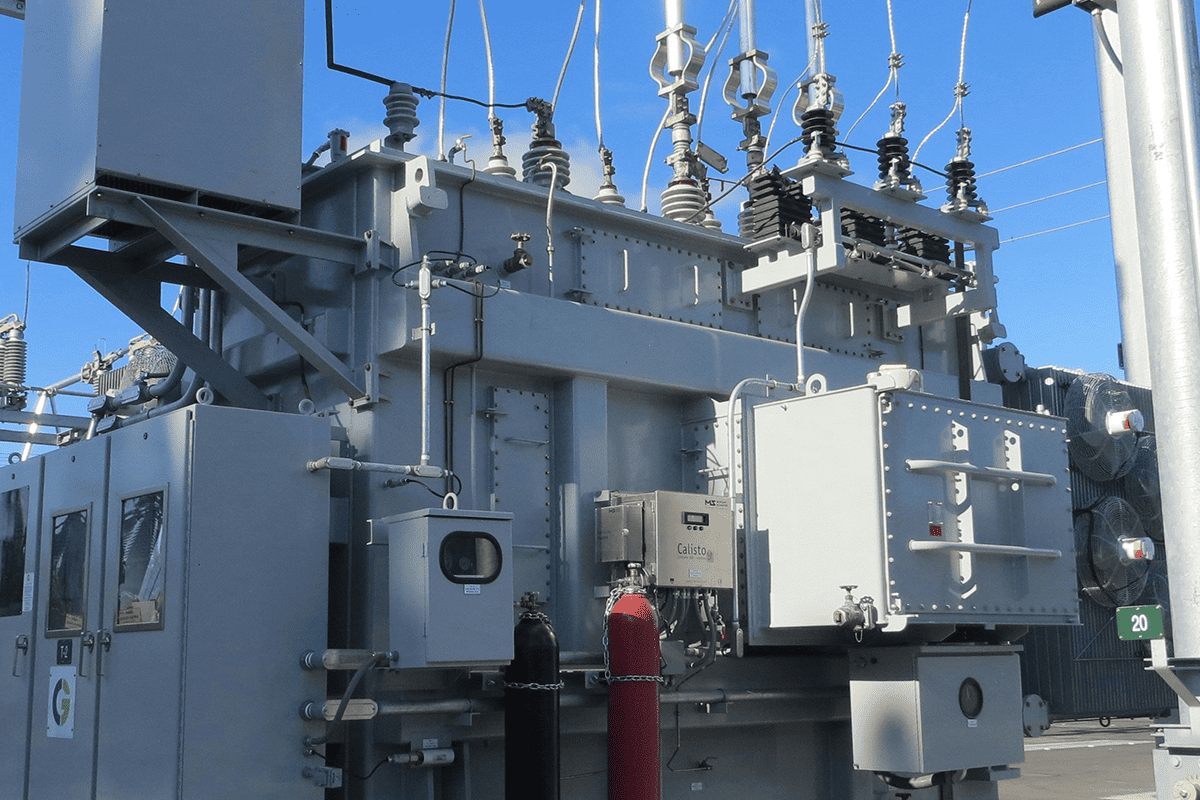Lawmakers send bill to DeSantis guarding infrastructure from attackers

TALLAHASSEE, Fla. – Florida lawmakers have fully approved legislation aimed at protecting the state’s “critical” infrastructure facilities.
It primarily focuses on creating new strict penalties on lawbreakers who target infrastructure facilities, such as power plants, guarded with barriers like fences and displaying signs warning onlookers from trespassing.
Those trespassing into critical infrastructure facilities and tampering or damaging them will face new felony penalties and liability.
The bill will now await Gov. Ron DeSantis’ signature.
Sen. Clay Yarborough, R-Jacksonville, sponsored the Senate’s version, SB 340. The Senate substituted out its own version of the bill for the House version, and passed it 39-0 Wednesday.
Rep. Jennifer Canady, R-Lakeland, sponsored the House version, HB 275. It previously passed the House 110-5.
If a person trespasses on a critical infrastructure facility, he or she can face a third degree felony. They can also face a third degree felony if they access a computer, computer system or other electronic device part of the infrastructure facility without authorization.
If they tamper with the facility, infect computer systems with some sort of virus or malware, or send and/or transmit data to or from the system that disrupts the service, they can face a second degree felony.
Third degree felony charges can be punished with fines up to $5,000 and prison time up to five years. Second degrees can result in fines up to $10,000 and prison time up to 15 years, under Florida statutes.
The proposal came after reports emerged in recent years of energy substation attacks occurring in Florida. A committee analysis of the bill cited “six separate incidents” at Duke Energy substations in Central Florida in September 2022.
On top of that, 40,000 Monroe County, North Carolina customers lost power in December of the same year because of additional substation attacks. The analysis also noted attacks occurring in other states like Oregon, South Carolina and Washington.
The bill would take effect July 1 if signed by the governor.
While current law doesn’t specifically target those encroaching on “critical infrastructure” law enforcement can still crack down on those who trespass and damage. The proposal would enact stricter penalties and create new statutes giving law enforcement more ease in prosecuting those who target infrastructure stations.



